
New research shows global climate benefits of protecting nature, but it’s not a silver bullet
Since 2000, the researchers reported, protected forests worldwide have stored 9.65 billion metric tons more carbon in their trunks, branches, and stems than ecologically similar unprotected areas. That is equal to about a year’s worth of annual carbon dioxide emissions from human activities. But that doesn’t mean that nature is a silver bullet that will stop climate change, said lead author Laura Duncanson, an assistant professor and remote sensing scientist at the University of Maryland who studies global carbon stocks.
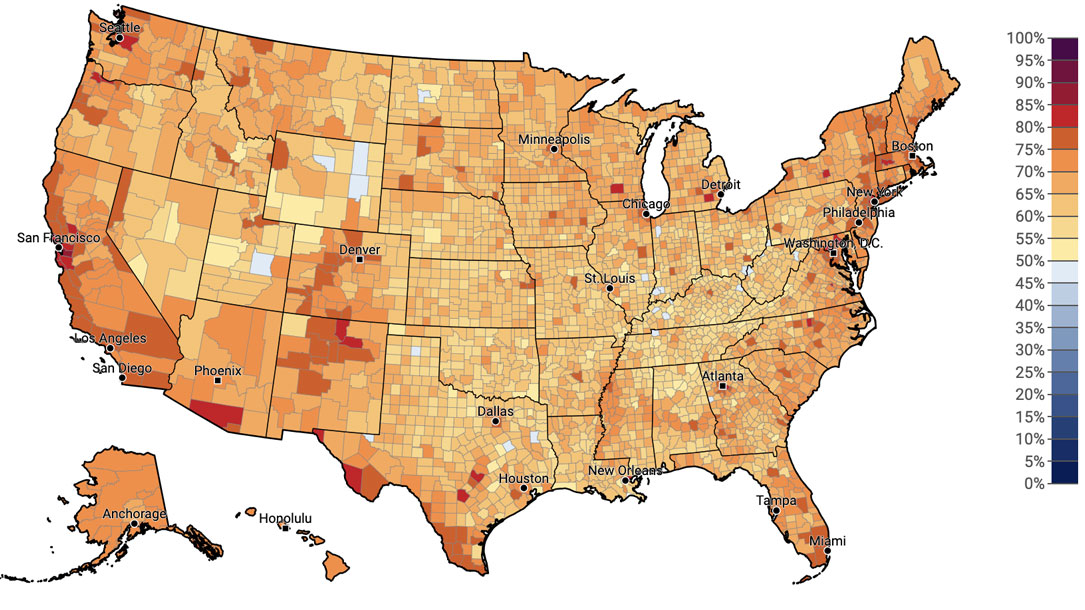
Yale Climate Opinion Maps 2021
This version of the Yale Climate Opinion Maps is based on data through fall 2021. Public opinion about global warming is an important influence on decision making about policies to reduce global warming or prepare for the impacts, but American opinions vary widely depending on where people live. So why would we rely on just one national number to understand public responses to climate change at the state and local levels? Public opinion polling is generally done at the national level, because local level polling is very costly and time intensive. Our team of scientists, however, has developed a geographic and statistical model to downscale national public opinion results to the state, congressional district, and county levels. We can now estimate public opinion across the country and a rich picture of the diversity of Americans’ beliefs, attitudes, and policy support is revealed.

Breaking down the Inflation Reduction Act program by program, incentive by incentive
The Inflation Reduction Act is the biggest investment in clean energy and climate solutions in American history, so it can be hard to keep track of everything in it. This spreadsheet breaks down the funding opportunities in the bill in a way that allows a variety of users to easily find out which IRA programs and tax incentives can benefit them.
In particular, this spreadsheet was developed for use by:
- State and local/municipal governments
- Tribal Nations
- Businesses
- Non-profits
- Institutions of higher education
- Individual consumers
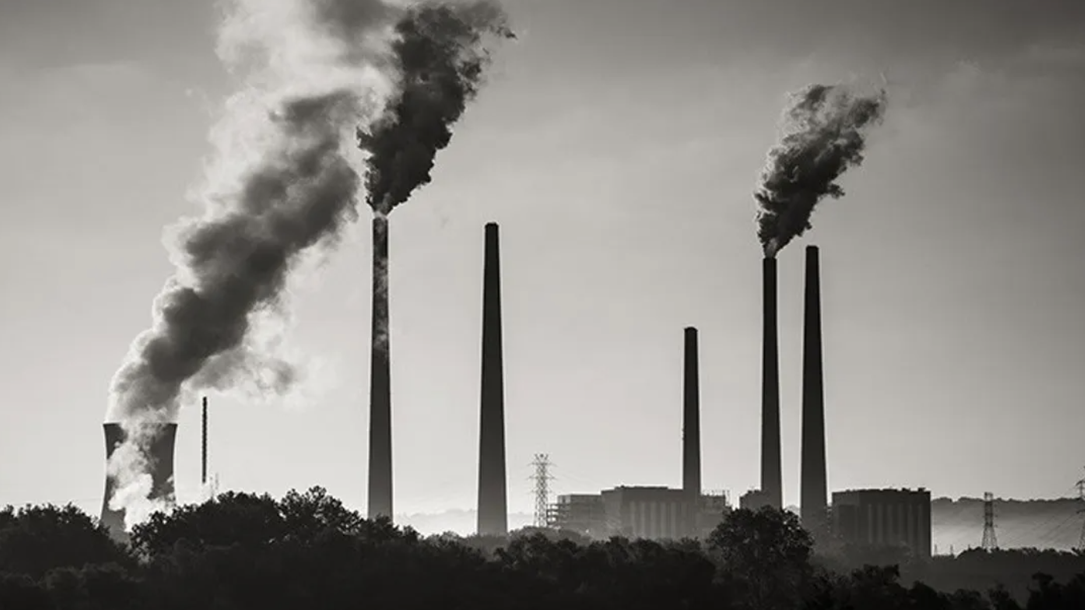
Guest post: What the tiny remaining 1.5C carbon budget means for climate policy
The latest estimates from the Global Carbon Project (GCP) show that total worldwide CO2 emissions in 2022 have reached near-record levels.
The GCP’s estimates put the remaining carbon budget for 1.5C – specifically, the amount of CO2 that can still be emitted for a 50% chance of staying below 1.5C of warming – at 380bn tonnes of CO2 (GtCO2). At the current rate of emissions, this budget would be blown in just nine years.
While that is a disconcertingly short amount of time, the budget for 1.5C may actually be even tighter.

Communicating the human causes of global warming increases public engagement
Importantly, there were no backlash effects among Republicans, and in fact understanding increased among Republicans more than among Democrats, on average. This suggests that when informed about climate change causes, impacts, and solutions, most Americans will update their own climate change beliefs, risk perceptions, and policy support….
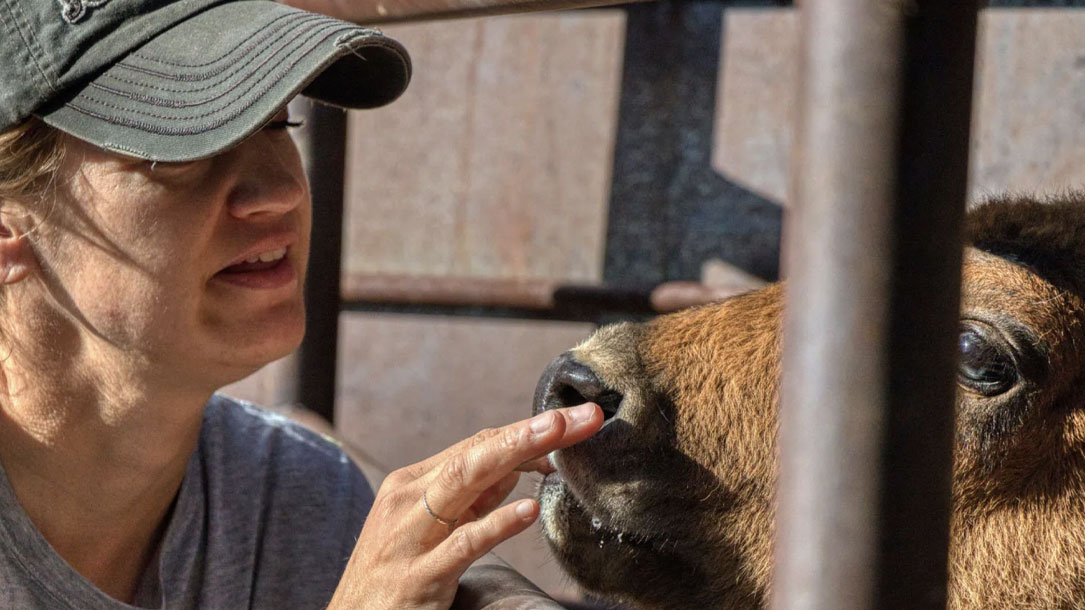
Three-quarters of Montana farmers, ranchers anxious about climate change, survey finds
Paul Lachapelle of Montana State University says the growing risks and uncertainty are taking a toll on farmers’ and ranchers’ mental health.
He and co-researchers surveyed about 120 Montana farmers and ranchers.
“Nearly three quarters noted they were experiencing moderate to high levels of anxiety when thinking about climate change and its effects on their agricultural business,” Lachapelle says.

Person to follow: Mara Hoplamazian
Mara Hoplamazian reports on climate change, energy, and the environment for NHPR, part of our By Degrees initiative. They joined the station in 2021 as a Couch Fellow. Originally from Chicago, Mara earned their undergraduate degree in American Studies from Yale University. Mara uses the pronouns they/them/theirs. You can email them at mhoplamazian@nhpr.org, or get in touch through Twitter @/mara_hop.
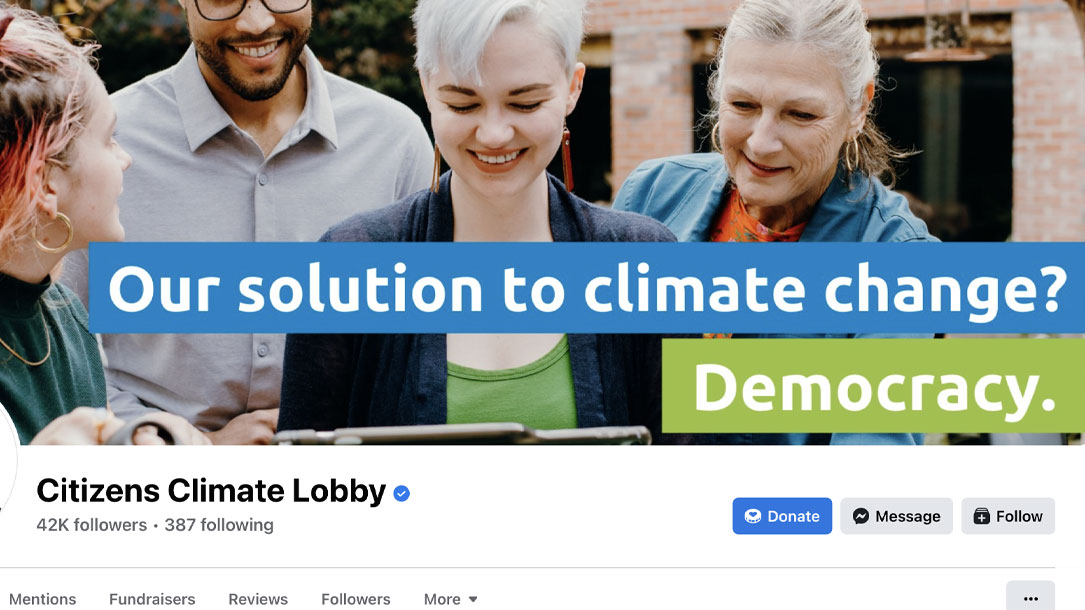
Our solution to climate change? Democracy.
We empower everyday people to work together on climate solutions…
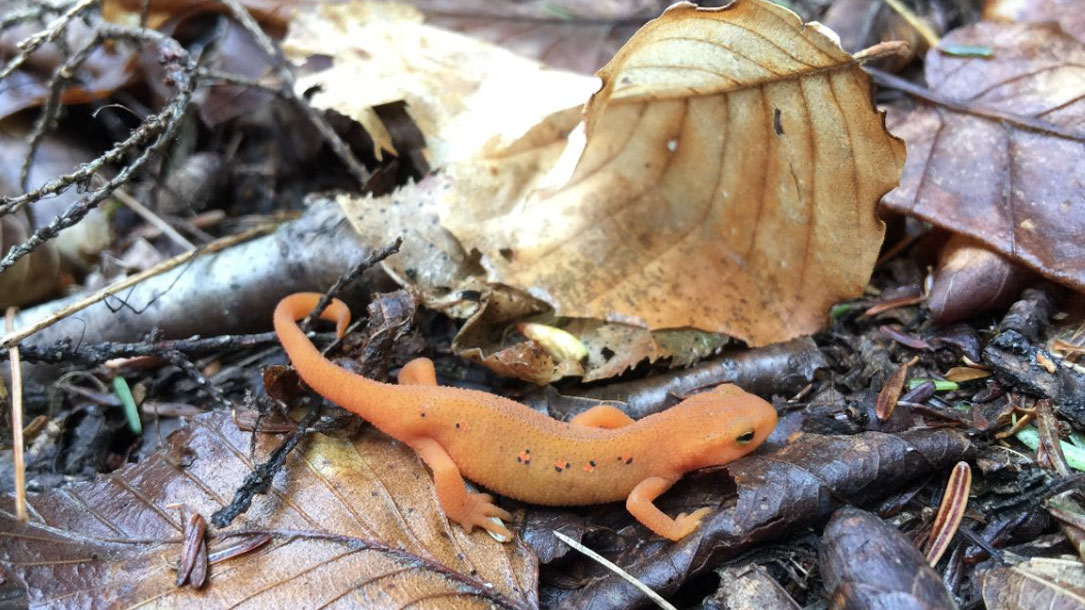
Ensuring that NbS support thriving human and ecological communities
Their mission is to enhance understanding of the value of nature-based solutions to societal challenges and to help ensure they support thriving human societies and ecosystems without compromising efforts to keep fossil fuels in the ground…

Americans beginning to correlate extreme weather with a climate crisis, but purse strings are still tight
Broader socioeconomic factors are also affecting those who are experiencing weather events, and more importantly, how these parties can financially respond to these events — and thus how willing they are to pay even more.
For instance, only 29% of households that experienced extreme events had 100% of their damages covered by insurance. Renters though had it worse — with those who have experienced extreme events being uninsured 70% of the time…












